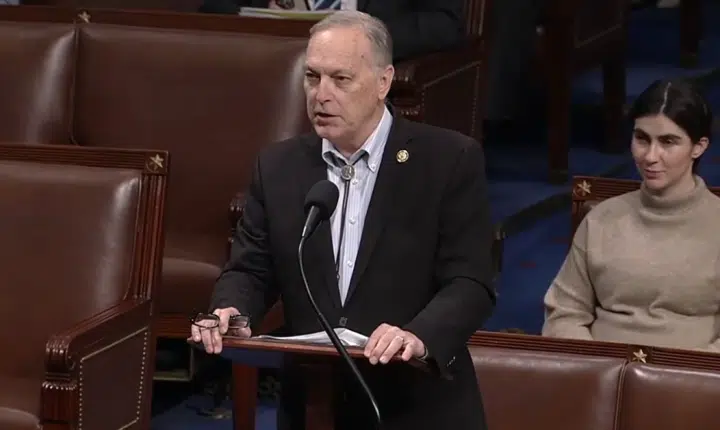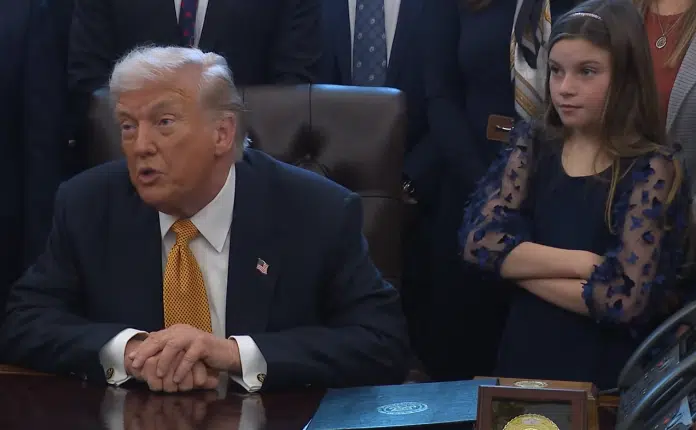 By Howard Rich — Contrary to the rhetoric of our leaders, U.S. taxpayers are still subsidizing an ongoing bailout of the flailing Eurozone. This expansive financial commitment — components of which have been cleverly disguised as currency swaps — comes at a time when our country can least afford it.
By Howard Rich — Contrary to the rhetoric of our leaders, U.S. taxpayers are still subsidizing an ongoing bailout of the flailing Eurozone. This expansive financial commitment — components of which have been cleverly disguised as currency swaps — comes at a time when our country can least afford it.
Entering 2012, the federal government’s debt stood at roughly $15.2 trillion — an amount that is projected to climb to at least $16.4 trillion in the coming year. This will be the fifth consecutive year in which the federal government has spent more than $1 trillion in money that it didn’t have – and yet lawmakers in both parties are still refusing to make long-overdue cuts. Even worse, they’re still refusing to address the unsustainable entitlement excess that’s fueling this soaring debt.
In such an environment Washington simply cannot afford to pump more taxpayer money into bailouts at home or abroad — whether through loans, direct appropriations or clever “liquidity swaps” like the one exposed recently by Gerald O’Driscoll of the Cato Institute.
“The Fed is, working through the ECB, bailing out European banks and, indirectly, spendthrift European governments,” O’Driscoll wrote, noting that these swaps are nothing but thinly-veiled loans that the Federal Reserve has no authority to make.
Such opaqueness and hypocrisy is commonplace coming from this administration. Two months ago, White House spokesman Jay Carney told reporters that “we do not in any way believe that additional resources are required from the United States and from taxpayers” to prop up the Eurozone. Hours later, however, Barack Obama emerged from a meeting with European leaders pledging that America would “do our part to help them resolve this issue.”
“Our part?”
From Dec. 1, 2007 to July 21, 2010, the Federal Reserve doled out more than $3 trillion in loans to European banks — constitutionally-dubious financial transactions that would have remained hidden forever were it not for the courage of several fiscally conservative lawmakers in forcing an audit of the Fed. In addition to these loans, the Fed also printed $442.7 billion out of thin air to cover foreign losses on toxic mortgage-backed securities here in America.
Taxpayers have also directly subsidized tens of billions of dollars in direct bailout payments through the International Monetary Fund — with the Obama administration hoping to spend billions more.
Assuming that a bailout of European banks was our responsibility (which it isn’t), America has clearly done “its part” — and then some. Of course all that these efforts have produced is a continent that’s deeper in debt and a Eurozone economy that’s choking under the strain of that debt.
The insanity must stop. The European debt crisis should have been a warning to heed, not an invitation to squander even more tax money.
Even if America had the resources to bail out Europe, it’s not our job to do so. Besides, U.S. taxpayers know all too well the futility of such interventionist approaches as domestic bailouts that were supposed to keep America’s unemployment rate below eight percent have instead kept it above eight percent for 34 consecutive months. As a result 146.4 million Americans — or 48 percent of the population — are currently classified as poor or low-income according to Census data released last month.
In Europe, the bailout culture has had a similar “de-stimulating” effect.
“The euro zone is expected to undergo a short recession with GDP declining around the turn of the year and stagnating in Q2 2012,” several leading European economic institutes warned this month. “Household consumption will be held back by fiscal consolidation and deteriorating labour market conditions.”
This contraction will be particularly pronounced in Greece, where numerous job-crippling tax hikes were enacted in lieu of additional government “austerity” measures as a condition of the country receiving its first bailout. Due to this contraction, the €130 billion ($163 billion) projected in October for Greece’s new bailout is likely to cost much more than that — and Greece is just the first in a long line of sovereign dominoes that the Eurozone must prop up.
In their much-ballyhooed “Pledge to America” two years ago, Congressional Republicans promised they would “end bailouts permanently.” That obviously hasn’t happened — but putting a stop to the ongoing European bailout would be a great place to start living up to that promise.
The author is chairman of Americans for Limited Government.






